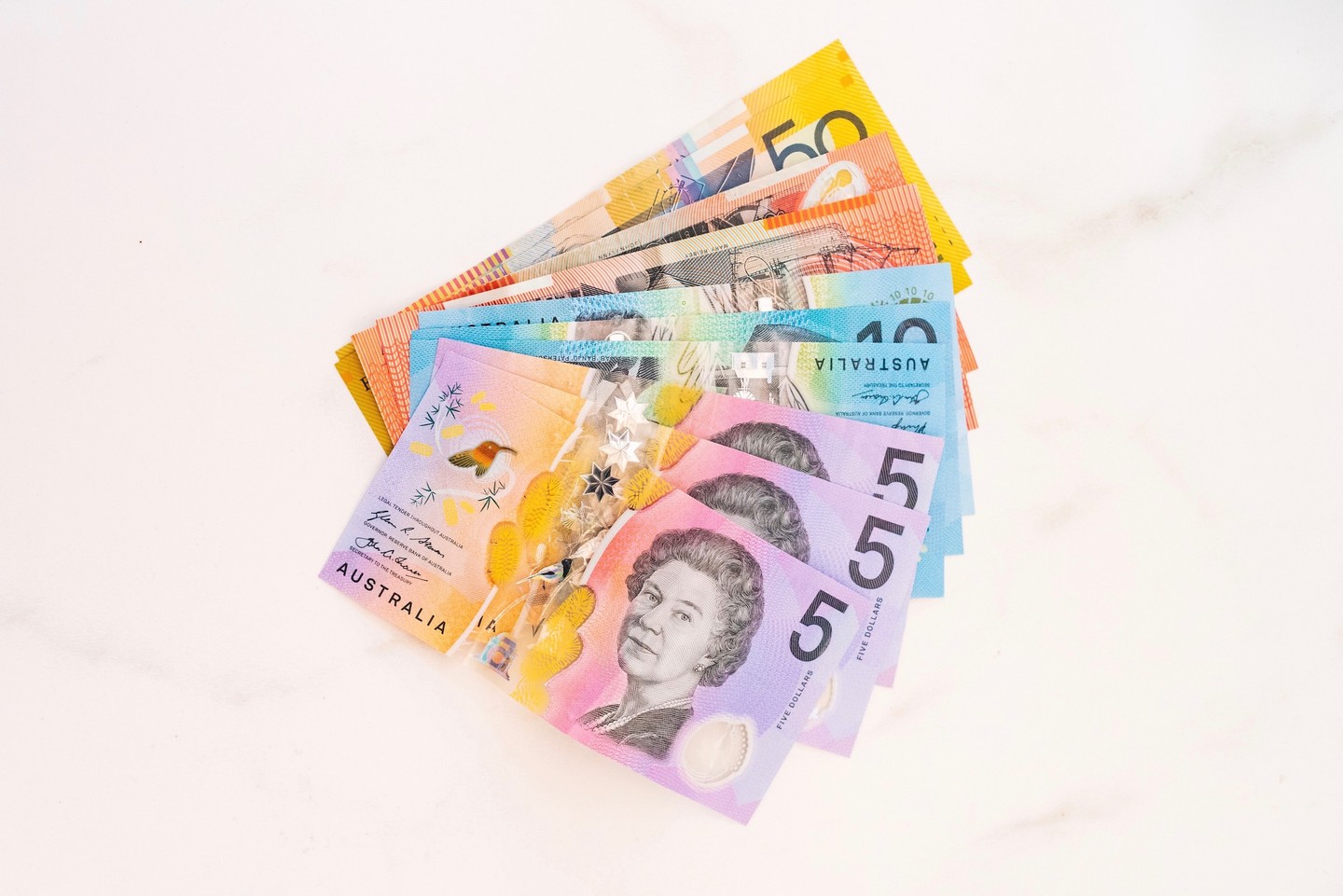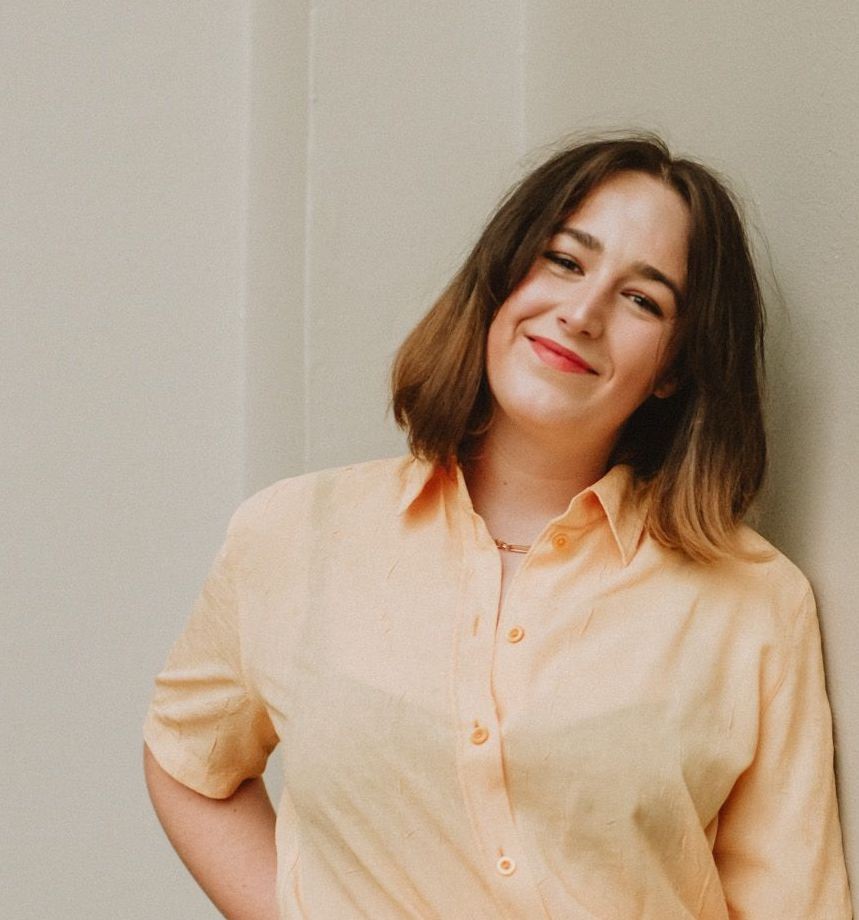Check your credit score today
Check your score and get tips to improve it. It’s free, forever.
Which Accounts Do You Need in Your Budgeting Plan?
Choosing the right type of account to open that suits you and your needs can be an overwhelming decision with all of the options on the market. Here, we break down all the types of accounts available and which one may be right for you.

Check your credit score today
Check your score and get tips to improve it. It’s free, forever.
With so many budgeting strategies out there, every money expert has varying opinions on which accounts you need to have. Should we be using one single account for everything, or compartmentalising every aspect of our spending into multiple accounts? We’ve rounded up the types of accounts that’ll transform your money management without overloading your online banking. Have a read and pick ‘n’ mix the ones you think belong in your personal budget.
An emergency fund acts as your lifeline for when financial disaster strikes. Whether it’s a flat tyre, busted fridge or even redundancy, we should all be prioritising that emergency fund as part of our budgeting system.
Be careful of following arbitrary rules on how much you should have in your emergency fund. It really depends on your lifestyle and what impact certain emergencies would have on your finances. For example, if you rely on your car for work, you’ll need to factor in the immediate cost of repairs. If you don’t drive for work, a car repair may be less of a pressing issue for you. List out your non-negotiables and the things that would be the most important to your everyday life, and arrive at an emergency fund goal that covers you for your essentials. Keep it in a high interest online savings account for extra brownie points!
Sometimes also called a splurge fund, your treat fund is yours to spend on whatever you like. Having some funds earmarked for unexpected splurges or discretionary purchases for yourself is a very healthy way to approach spending, as you’re giving yourself the permission to indulge, without doing so for the sake of it.
Bills accounts are your ticket to stress-free money management. Having a bills account allows you to reserve money for your bills before they’re due, so you’re not left trying to separate personal spending from regular expenses manually. We recommend working out how much from each pay cycle needs to go towards your bills and paying it straight out as soon as your salary hits. By holding it in your bills account, you know you’ll never miss a payment.
Of course, we all need a spending account. Your spending account is where most of your discretionary spending will happen, and having this separate from your bills makes it easier to track where your money is going and how to cut back if you need to.
Sinking funds are a great way of spreading larger expenses over multiple months, for example your car insurance. You may have one central sinking fund where you save towards those big expenses, or an individual fund for each big thing. All you need to do is take the expense at hand, e.g. car insurance, and divide it by the number of paydays between now and when it’s due. Then, put that set amount away into your sinking fund every time you’re paid, and by the time the bill falls due, you’re good to go.
Splitting your long and short term savings can help you get into the habit of stashing cash for life’s bigger moments, rather than just short term wins. The earlier you start contributing to long term savings, the less effort you need to put in to hit those ‘long game’ milestones. Even just 5% of your income per year can make a huge difference. Oh, and don’t forget to shop around for the best high interest account you can for this one!
And finally, it’s not uncommon to set up specific goal accounts when you’re saving for something in particular. Having one set account for an individual savings goal can help you connect to what you’re working for and help you keep your spending in check as you strive to hit that goal.
Bank account best practice
Don’t forget to keep on top of your bank accounts and fees, especially if you have several with different banks. While there are plenty of ways to get fee-free accounts, make sure you’re meeting any required criteria like minimum card transactions or deposits.
Emma wants to help you build a life you love within your means, and teach you how to optimise your finances to ensure you’re stashing cash for the future.
